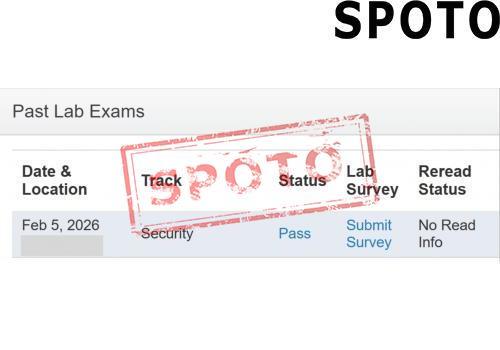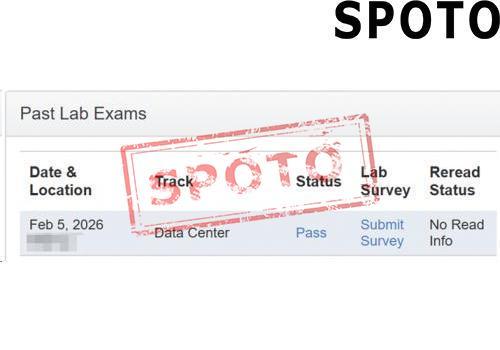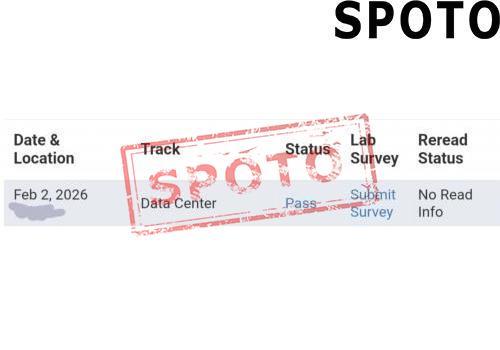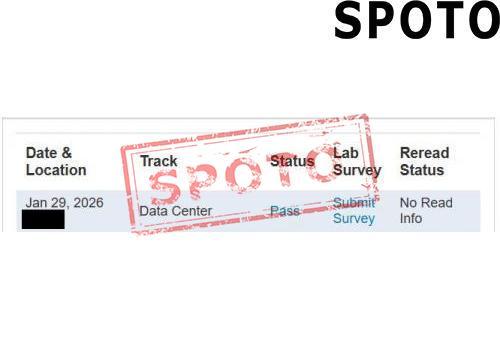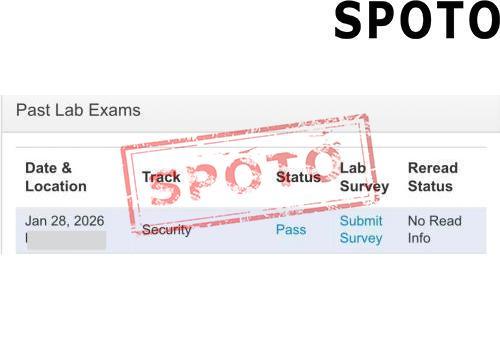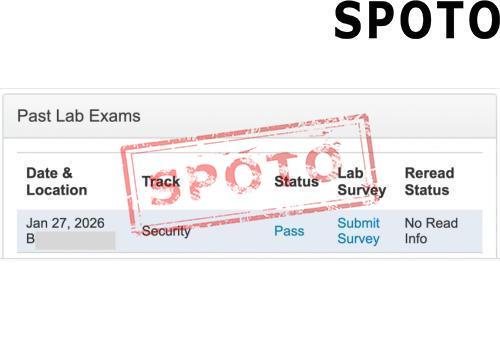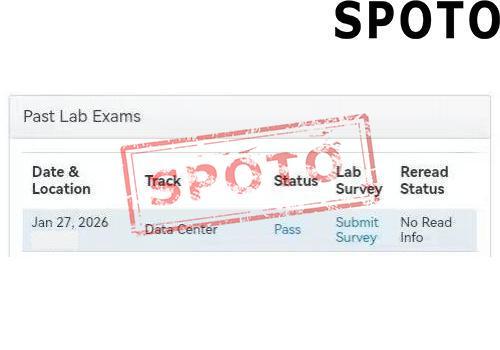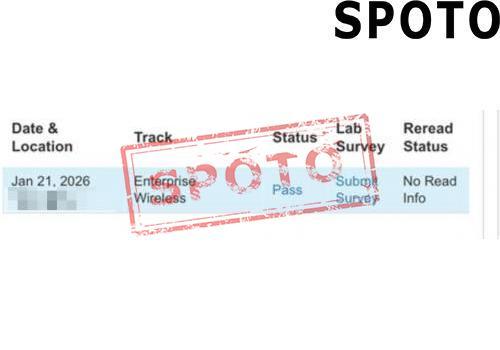
Table of Contents
This article will introduce you to what an Observability Engineer is, the career information of an Observability Engineer and the necessary conditions to become an Observability Engineer.
1. What is an Observability Engineer?
Observability Engineers are problem solvers for enterprise systems who focus on optimizing system performance, ensuring reliability, and gaining actionable insights from telemetry data. They are the primary drivers of data-driven solutions and operations.
2. What does an Observability Engineer do?
Observability engineers are technicians who interpret complex IT systems. Their main responsibilities include the collection, processing, analysis, and visualization of data. Specifically, by carefully examining this data, they can identify trends, discover anomalies, and gain insight into system behavior. Observability engineers mitigate the impact of potential problems on users by pre-emptively resolving them. Secondly, they play a vital role in ensuring that the system complies with relevant laws and regulations to ensure the security and compliance of the system. Finally, managing logs (such as security event logs, firewall logs, and VPC flow logs) is an important part of the observability engineer's job. They ensure that logs are collected, stored, and analyzed effectively to help diagnose problems, monitor security, and ensure compliance.
3. Observability Engineer salary
According to Glassdoor data from April 10, 2026, the average annual salary for observability engineers in the United States is $158,217. Starting salaries for entry-level positions may be around $80,000, while starting salaries for senior or professional positions may exceed $200,000.
4. Job Outlook of Observability Engineer
Observability engineers are increasingly important in managing the complexity and unpredictability of modern IT systems. Their specialized skills and expertise enable them to troubleshoot potential issues, optimize system performance, and ensure reliability. As technology advances, the demand for observability engineers will only increase. Organizations committed to achieving success in IT operations must invest in these professionals.
5. What Are the Qualifications to Become an Observability Engineer?
(1) Obtain a Bachelor's Degree
The necessary education level is the first step to start a career. The work content of Observability Engineer mainly revolves around risk analysis in the business environment. A degree in finance, business administration, accounting or related fields is likely to be favored by employers.
(2) Develop professional skills
Observability Engineers first need to be proficient in using tools such as Prometheus, Grafana, ELK, Jaeger, Splunk, Datadog, Dynatrace, etc., to build log, indicator and distributed tracing systems, and build real-time monitoring dashboards, alarm mechanisms and root cause analysis processes. In addition, they must master cloud native technologies such as Kubernetes, microservice architecture and service mesh (such as Istio, Linkerd), and understand how to connect observability to cloud platforms such as AWS, Azure, GCP, etc. Furthermore, programming skills are also very important for Observability Engineers, especially the ability to write scripts or data processing tools in languages such as Python, Go, JavaScript, etc. Finally, excellent communication and coordination skills are required to connect infrastructure, development, network, and security teams to jointly design and implement observability solutions.
(3) Earn Industry Certifications
Obtaining a certification that is highly recognized by the industry can prove your professional ability and ability to perform the position, and can also enhance your competitiveness in the workplace. Therefore, we recommend that you obtain the Cisco DevNet Expert certification.Earning the Cisco Certified DevNet Specialist certification will demonstrate your expertise and proficiency in network automation, programmability, and security automation tools.
6. Similar Occupations of Observability Engineer
- Site Reliability Engineer (SRE)
- DevOps Engineer
- Infrastructure Engineer
- Performance Engineer
- System Administrator
- Platform Engineer
- Release Engineer
- Build and Release Engineer
- Cloud Consultant
